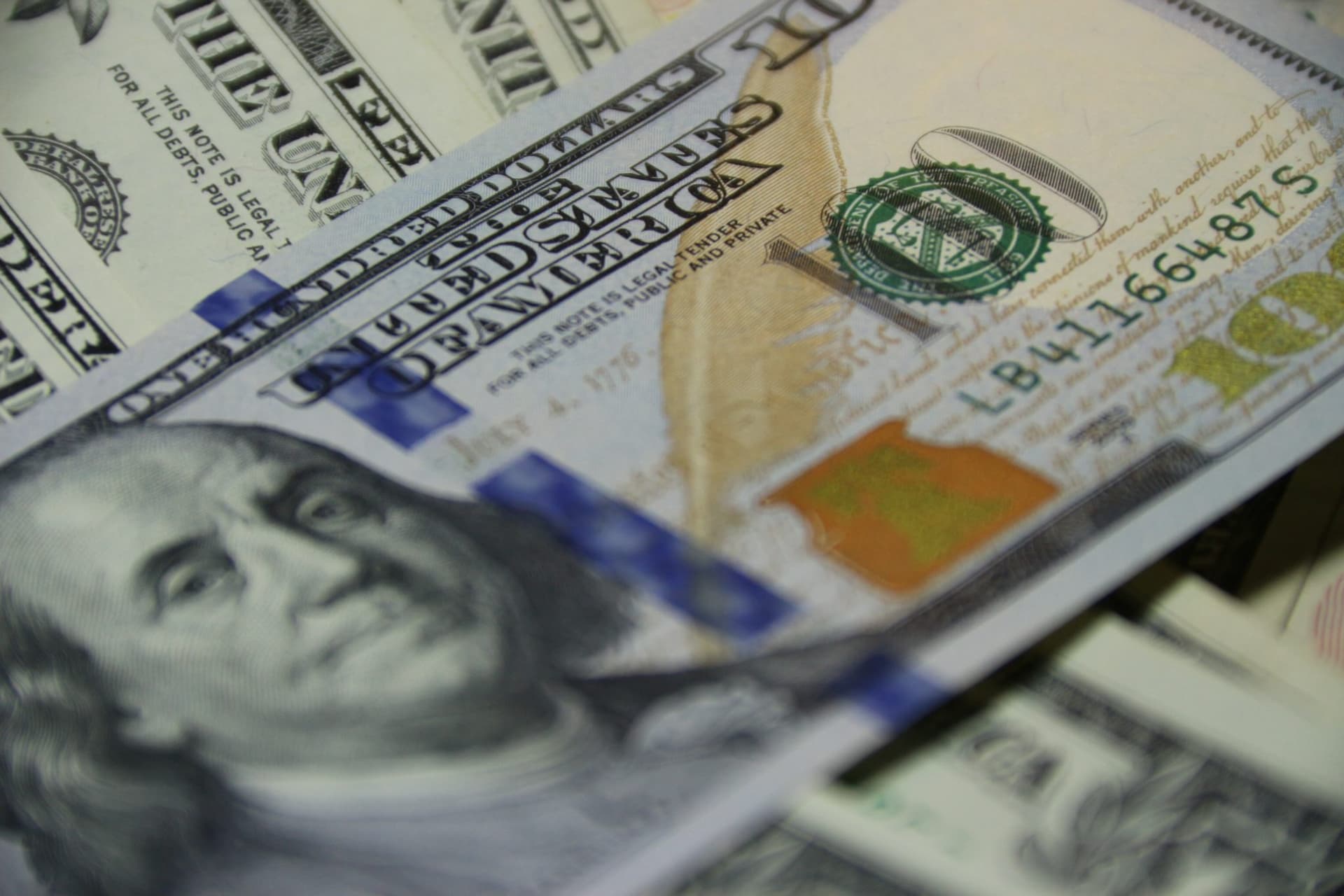There’s No Merit to That 80% Crypto Capital Gains Tax Rumor
The Biden White House is preparing to unveil a comprehensive tax plan that will include significant increases in capital gains taxes on those earning over $1 million, but there is no evidence to suggest that cryptocurrency will be specifically targeted. Bloomberg […]

By Vladimir Solomyani via Unsplash
The Biden White House is preparing to unveil a comprehensive tax plan that will include significant increases in capital gains taxes on those earning over $1 million, but there is no evidence to suggest that cryptocurrency will be specifically targeted.
Bloomberg reported that as part of the White House’s next economic package, the Biden Administration will propose a 39.6% capital gains tax for those earning over $1 million. The current maximum capital gains tax rate is just over 20%. When combined with existing surtaxes on investment income, this would push the federal tax rate to nearly 43.4% — and in high tax states such as New York and California this total amount would be over 50%.
Although gains from cryptocurrency would be included in any sort of calculation on capital gains tax, the White House has not specifically highlighted crypto as a new category for taxable commodities. Needless to say, rumors spread fast on Crypto Twitter that an 80% tax rate on crypto-specific gains was in the works.
*YELLEN TO PROPOSE CAPITAL GAINS TAX AS HIGH AS 80% FOR CRYPTO TRADING – HEARD ON STREET#BTC #ETH #XRP #DOGE pic.twitter.com/WE2hODg7Dw
— Investing.com (@Investingcom) April 23, 2021
There is apparently a rumor the Biden administration is going to put an 80% capital gains tax on crypto and I have never loved any analyst note more. pic.twitter.com/FHZLfUSBZB
— Emily Stewart (@EmilyStewartM) April 22, 2021
“I think the 80% discussion had no basis in reality,” Max Schatzow, an attorney with Stark & Stark that advises fund managers and RIAs. “I can’t recall any serious sources reporting that figure.”
Regardless of if a crypto-specific tax is in the works, the digital asset market seems spooked about the possibility of higher capital gains taxes. The price of bitcoin fell below the $50,000 market to $49,500, the lowest in nearly two months late Thursday, and is hovering just above the $50,000 point during the US Friday trading session.
Bitcoin is down nearly 20% over the past week, according to CoinGecko.
In a note in mid-March investor Ray Dalio argued that the United States is on a path to being “inhospitable to capitalism” because of a “new paradigm” of “shocking tax changes” put in place to pay for the fiscal response to Covid-19.






